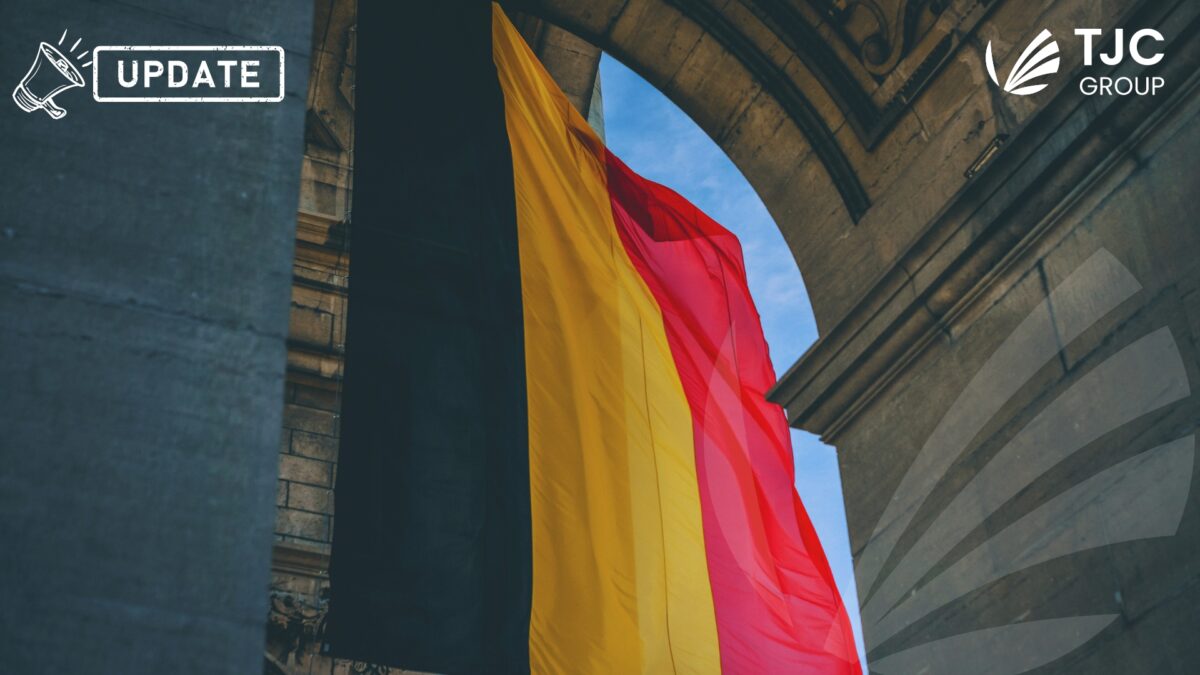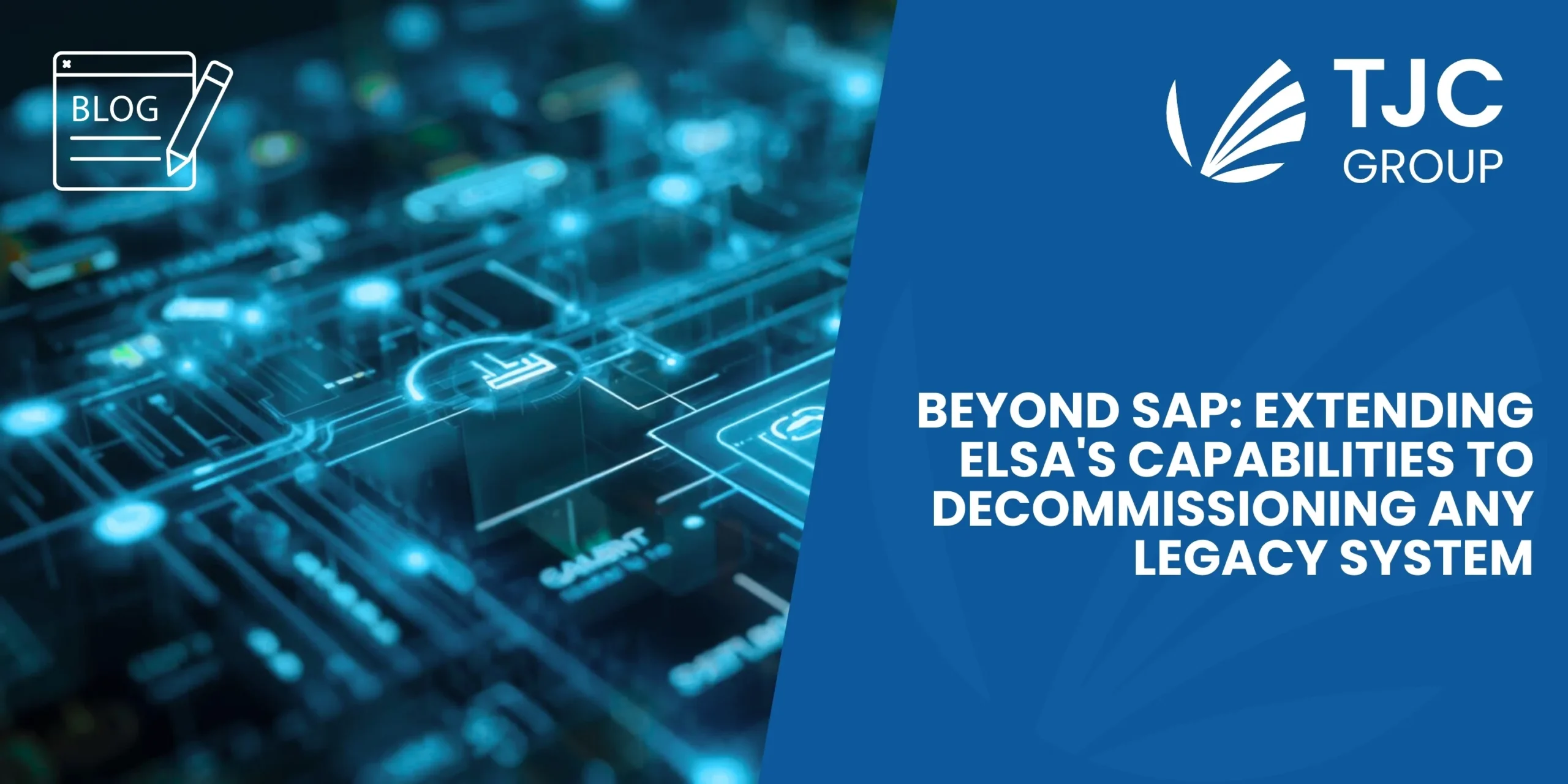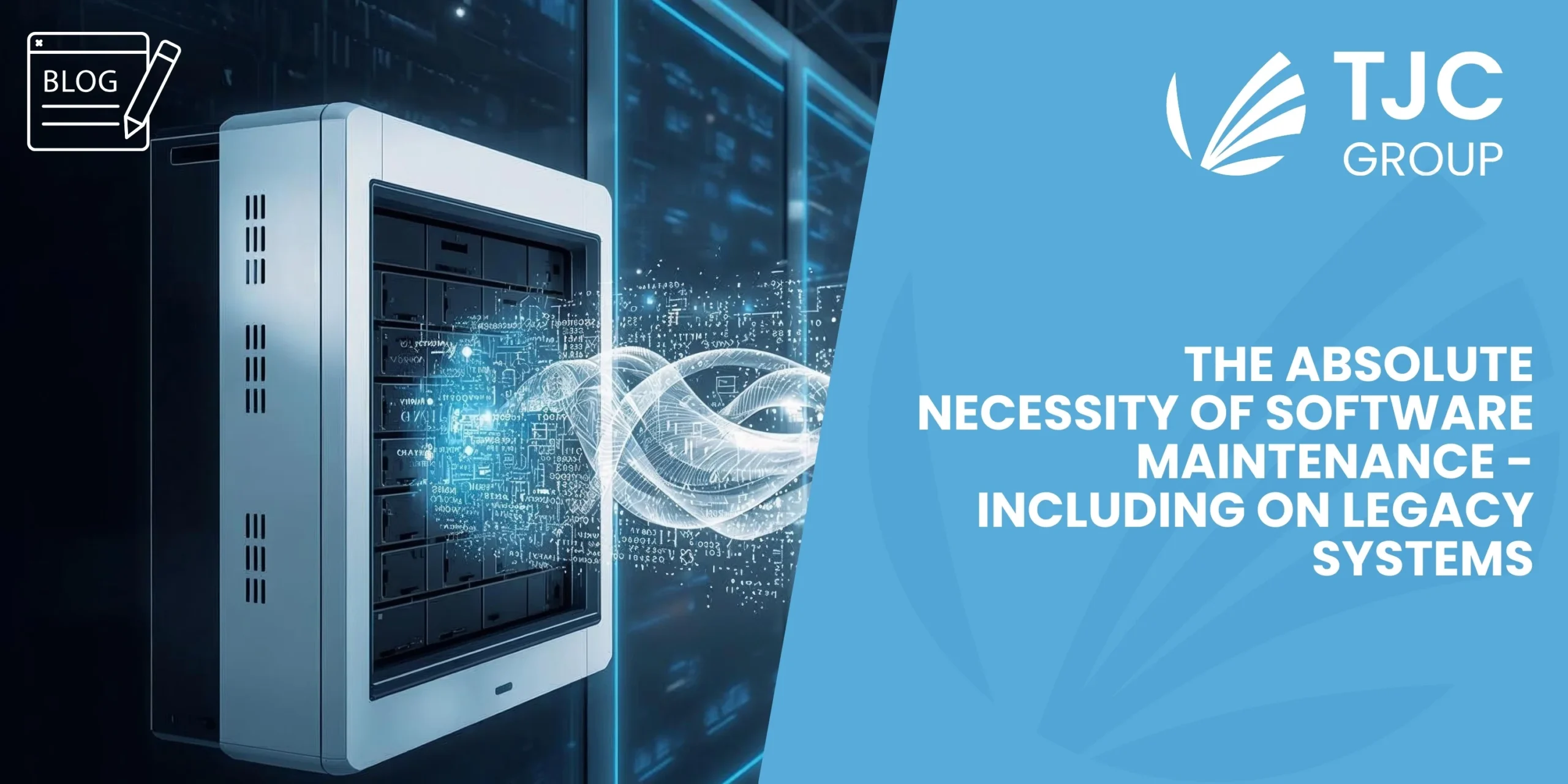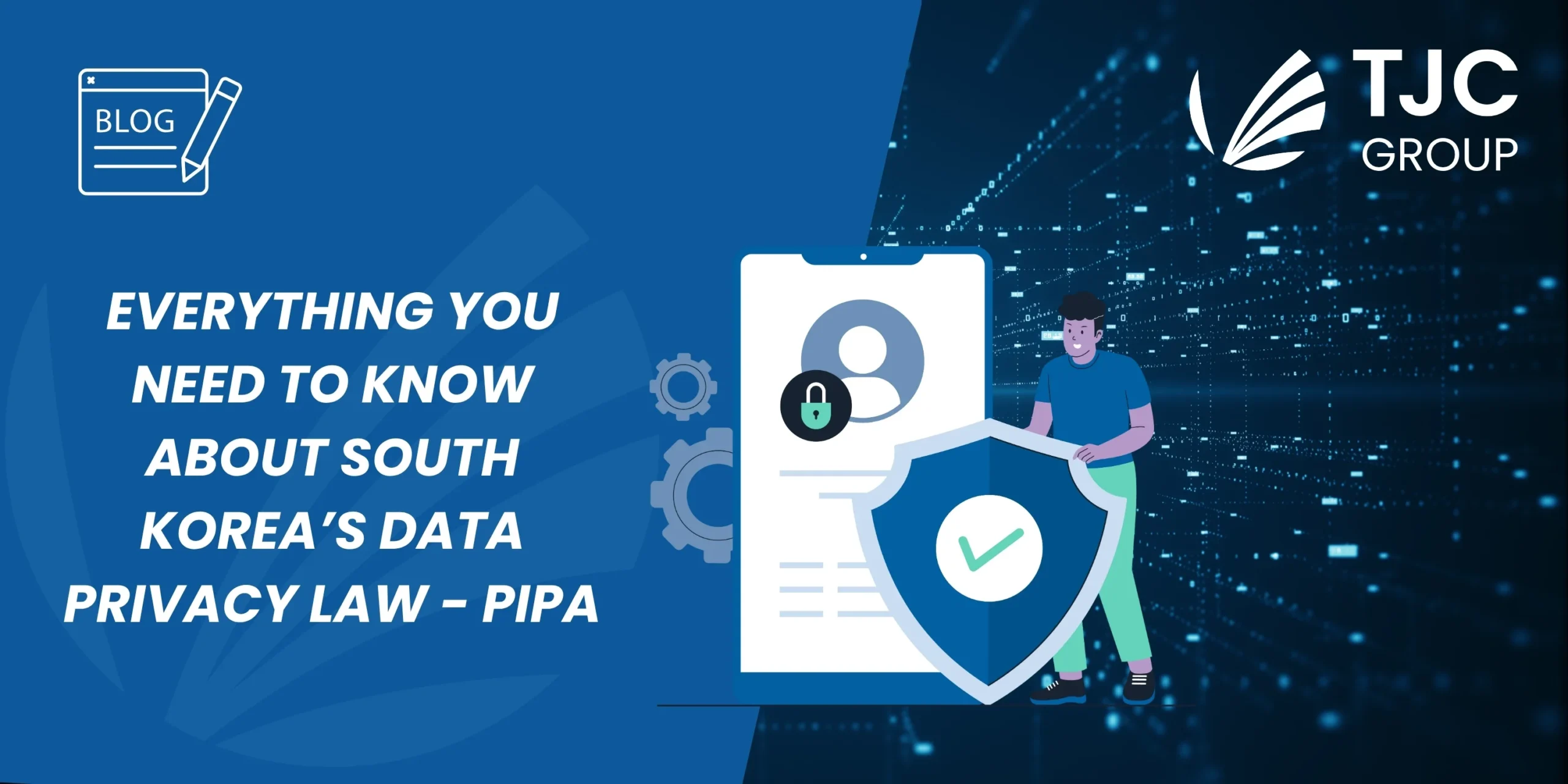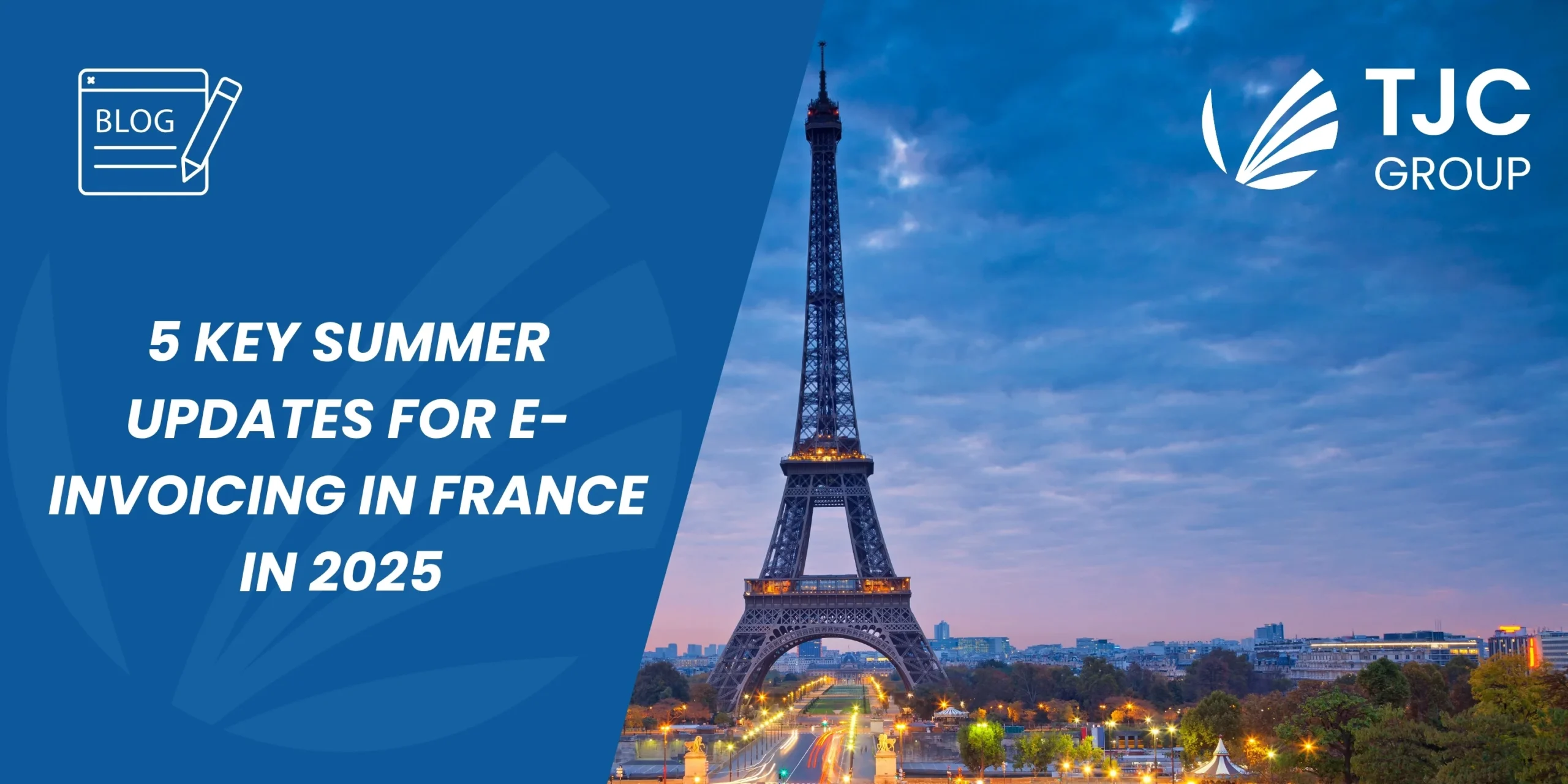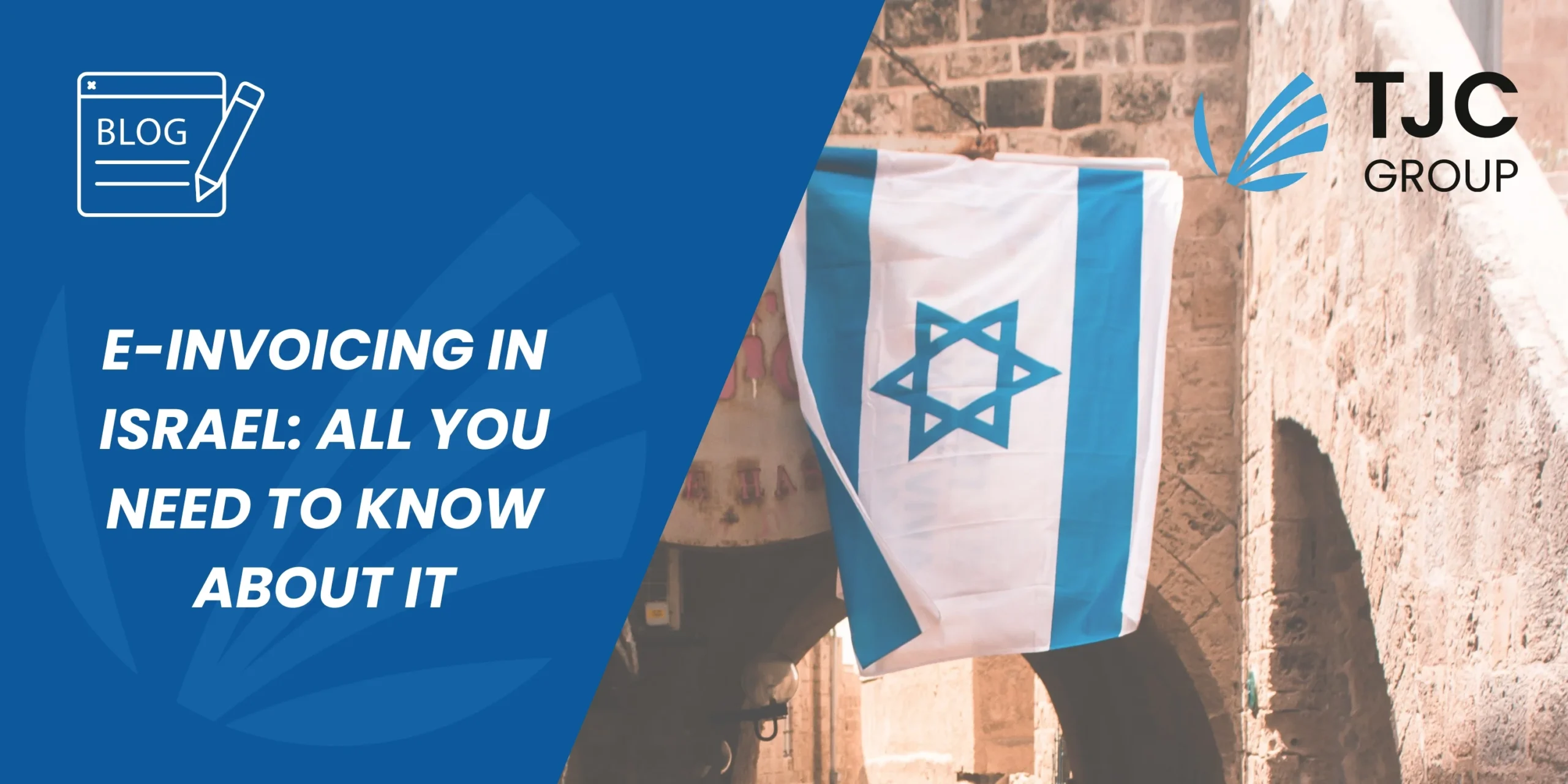22 February 2024
The Belgian parliament announced that the bill legislating for mandatory B2B e-invoicing in Belgium has been gazetted. This means that the mandate is ready to be applicable and adopted from 1st January 2026. Although derogation from the European Commission (EU Directive articles 218 and 232) is still required, it is expected to appear in line with ViDA.
PEPPOL-based e-invoicing for Belgium
The country’s B2B e-invoicing strategy has two stages – 1) PEPPOL-based structure e-invoicing between taxpayers – 4-corner model 2) Enhanced with Continuous Transaction Control (CTC) pre-clearance with tax authorities – 5-corner model.
The 4-corner model initially has no direct government reporting; however, other exchange platforms may be used by mutual agreement, provided it complies with the requirements of the EU. With the 5-corner model, Belgium aims at long-term strategic planning, which includes near-live e-reporting, replacing the annual sales listing report. Furthermore, this will help reduce the VAT Gap and the difference between forecast and collected tax. As per the EU, the latest Belgian VAT Gap for 2023 is estimated at around €2.5bn per annum.
The objective of B2B e-invoicing in Belgium
Belgium primarily aims to synchronise with the EU VAT in the Digital Age plans for the e-invoicing standard – EN 16931 system across the region to ensure interoperability. Under the Digital Reporting Requirement Pillar, the EU has a planned, mandatory structured e-invoicing requisite for intra-community supplies from 2030 and later.
The new regime, however, is limited to companies established in Belgium, local subsidiaries of foreign organisations, and non-resident businesses that have a VAT registration and fixed establishment in the country. An important update in this bill – non-resident businesses will have to accept e-invoices from their resident suppliers in Belgium for any domestic supplies.
To know about the EU’s ViDA or any e-invoicing-related queries, you can connect with our experts here!
FAQs
Q1. Who comes under the e-invoicing mandate in Belgium?
Answer:
All Belgian organisations registered for VAT will be required to use structured e-invoicing for B2B transactions starting from January 1, 2026. However, business-to-government (B2G) entities have been mandated to e-invoice since March 1, 2024, for public contracts above €3,000.
Q2. How will e-invoicing in Belgium benefit businesses?
Answer:
Organisations can expect various benefits of e-invoicing, such as:
- Cost reduction: Reduced requirements for paper-based invoicing, including printing and postage.
- Automation and efficiency: Electronic invoicing will provide an automation feature to enhance efficiency and reduce manual errors.
- Improved cash flow: It will deliver shorter payment cycles and improved liquidity management.
- Compliance and security: Companies can expect authentic, traceable invoices with clear audit trails.
- Sustainability: With reduced paper consumption, e-invoicing will contribute to lowering the carbon footprint.
Q3. Are there any exemptions to the invoicing mandate?
Answer:
Yes, there are certain entities which are exempt from Belgium’s B2B e-invoicing mandate, including:
- Taxpayers under the special flat-rate scheme
- Bankrupt taxpayers
- Organisations exclusively conducting VAT-exempt transactions
- Taxpayers not established in Belgium, which means companies without a permanent establishment.
Q4. What are the requirements for an invoice to be considered an e-invoice in Belgium?
Answer:
Invoices in the country must include specific details, like:
- Issuance data and transaction data
- VAT-related details
- Supplier and buyer details
- Description and quantities of goods and/or services provided
- Unit prices (if applicable)
- Total gross amount
Q5. Why is the country transitioning to mandatory e-invoicing?
Answer:
Belgium is adopting e-invoicing to improve tax compliance, reduce VAT fraud, streamline financial operations, improve business efficiency, and facilitate digital transformation across both the public and private sectors.
Q6. Is the e-invoicing mandate application for B2C transactions?
Answer:
No, the obligations do not apply to invoices issued to private individuals (B2C). However, organisations serving private sector clients (e-invoicing in B2B) must still be able to receive structured e-invoicing from their suppliers.
Q7. What is the required format for structured e-invoices?
Answer:
E-invoicing in Belgium must comply with the European standard EN16931. This means businesses must use the PEPPOL BIS format to transmit invoices. Both parties can agree to an alternative format if it meets EN16931 criteria and can be converted into a compliant invoice.


